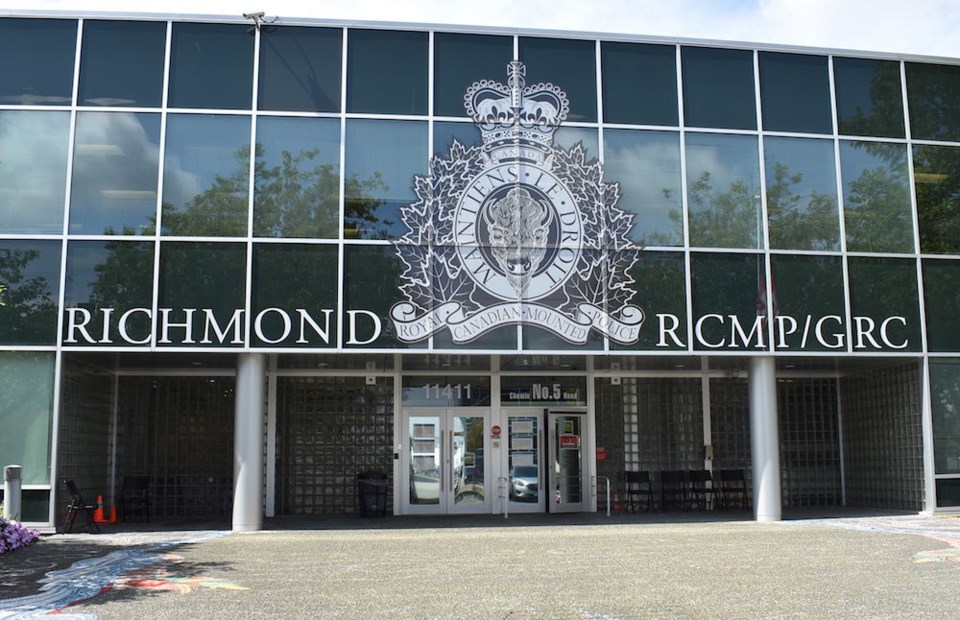The unionization of the RCMP could cost the City of Richmond between $9 million and $11 million in backpay as well as more than $6 million more in annual operating costs.
The RCMP, who number about 20,000 nationally won the right to unionize several years ago. The increase in salaries and backpay for Richmond RCMP members will be borne by local taxpayers.
Currently the City of Richmond pays 90 per cent of its policing costs, which amounts to about a quarter of the municipal budget.
The Federation of Canadian Municipalities (FCM) and other regional organizations, however, are asking the federal government to kick in more money to fund the RCMP – taking the burden off individual municipalities that contract services from the national police service, explained Richmond Mayor Malcolm Brodie.
The city was warned this retroactive pay could be coming, so there is some money put aside, he added.
But the operating increase that will come next year could bring taxes up between 2.5 and 3.5 per cent.
“This is really significant, this is really quite serious,” Brodie said, adding this will mean either a one-time tax increase or cutting back on other services.
"That’s the choice - neither one is what we want,” he added. “The taxpayers want to be safe, but this seems like an unfair hit on the tax draw.”
However, if local RCMP aren’t paid “commensurate with their duties,” they might look for police work elsewhere, Brodie pointed out.
The Union of BC Municipalities (UBCM) compared starting wages for different police services in B.C. and other large cities in Canada and noted most non-RCMP police forces offer more than $70,000 in annual starting wages whereas the RCMP’s starting wage was about $53,000 for this first six months.
A first-class constable in a municipal police force received more than $100,000 annually, while the RCMP paid about $86,000, according to the UBCM review of police wages.
The estimated budget increase in light of unionization is based on current staffing levels.
Now that they have a union contract, however, Brodie said, this could mean negotiating for other items in the future, for example, increasing personnel in police cars.
“These increments aren’t the end of the increases that we can expect, but that will unfold as time goes along,” Brodie said.



